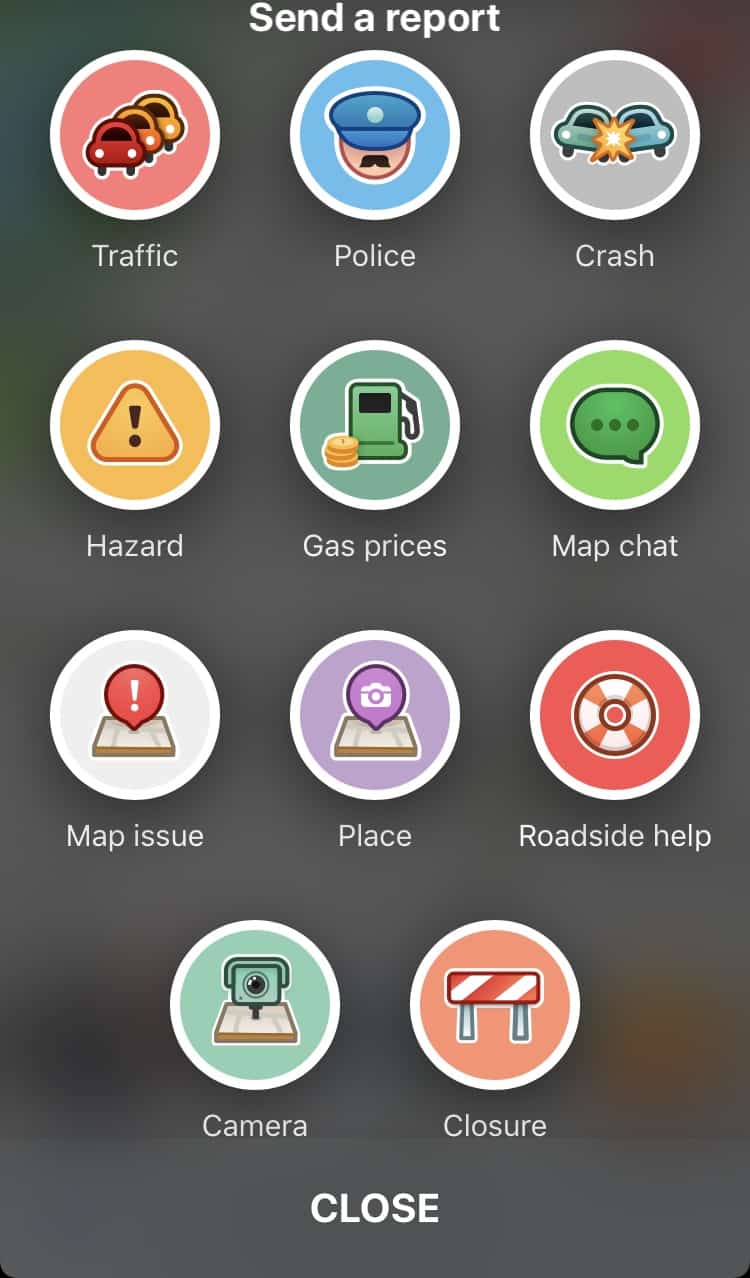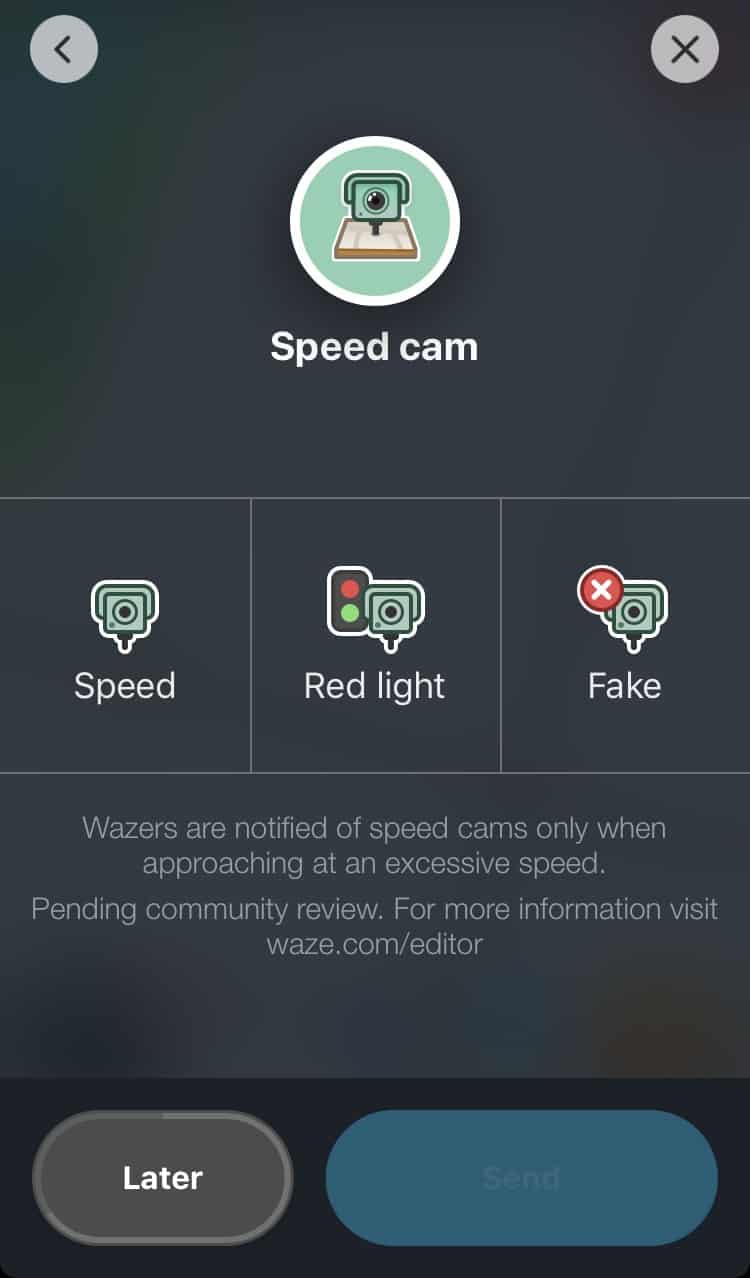
App helps drivers avoid speed cameras and police
Have you ever been alerted to speed cameras or police by an oncoming motorist flashing their headlights at you? Flashing your headlights can result in a fine of $112 and 2 demerit points. But now there’s an app for that. Launched in 2006, Waze is a GPS navigation app. In 2013 Google purchased Waze for $966 million. Waze is well established in the United States and is gaining more users in Australia.
How Waze can help you avoid a ticket
What sets Waze apart from other navigational apps is its crowdsourcing of data. Users can share the real time location of police, speed cameras and mobile phone detection cameras with other Waze users. In the touch of a button users can flag the location of police and other hazards. Police can even be marked as ‘hidden’ or ‘visible’. Other users can then verify this information as they pass the area. This works much the same as tapping a ‘like’ button on Facebook. But this feature has drawn criticism from police forces around the world.

Report various types of hazards on Waze
Los Angeles Police Chief, Charlie Beck, claimed that crowdsourcing police locations put officers at risk. In a complaint to Google he referred to a gunman who had been using Waze prior to shooting two police officers. In Miami police were reportedly so annoyed by the feature that they have been trying to undermine its accuracy by flooding it with false police sightings.
Is Waze legal in New South Wales
There is no law prohibiting a person from telling others where a police radar or speed camera has been set up. Much the same as flashing your lights to warn other drivers, it is how you communicate the information that can cause problems. Waze is a phone app. Using a mobile phone while driving is now a fine of $337 and five demerit points however there are exceptions to law.
Rule 300 of the Australian Road Rules (2014) NSW states that a phone can be used while driving provided that it is:
- Secured in a commercially designed mounting affixed to the vehicle and
- Is functioning as a visual display unit that is being used as a drivers aid
The definition of drivers aid includes “navigational equipment”. Despite this definition, it may be difficult to convince a court. They may not agree that sharing the location of police is a normal function of a navigational device.
This exemption does not apply to Learner or Provisional licence holders. Use of a phone by a Learner or Provisional Licence holder can result in quickly exceeding their demerit point limit and needing to lodge a licence suspension appeal.
Waze gaining popularity in New South Wales
Waze is slowly gaining popularity in New South Wales. There is an Australian Waze community Facebook group, and another group called Speed Traps NSW has made regular calls for its 7000+ members to download and use Waze. The NSW Hire Car Association used it’s Facebook page to express concerns about Waze Carpool coming to NSW.
Speed camera warning signs no longer relevant
In New South Wales, there are 1024 locations approved for use by RMS mobile speed cameras. A recent report has recommended the removal of signs warning motorists they were approaching a speed camera. Police are not restricted to these locations and highway patrol can use speed detection devices almost anywhere. Additionally, new technology and legislative change means speed cameras can also be used to issue mobile phone fines.The ‘crowdsourcing’ of real time information means that Waze will become more and more accurate as more people begin to use it. So if speed camera warning signs are removed, and highway patrol are well hidden. Waze is set to provide the modern-day equivalent to flashing your headlights at other drivers.

Report various types of cameras on Waze
What to do if you receive an infringement notice?
If you have received an infringement notice you can either pay the notice, elect to have it heard at court, or request a review. Before requesting a review make sure you read which offences are ineligible for review and which excuses are not accepted. If you decide to have the matter heard at court the only way to avoid the demerit points is to have the matter dismissed or finalised without a conviction being recorded.


















